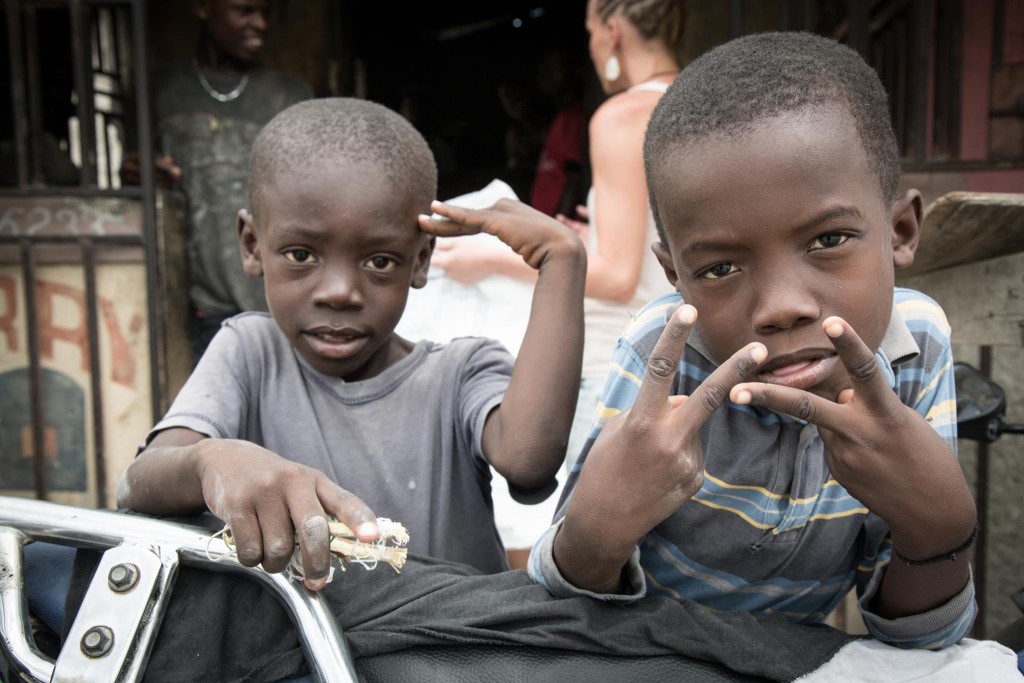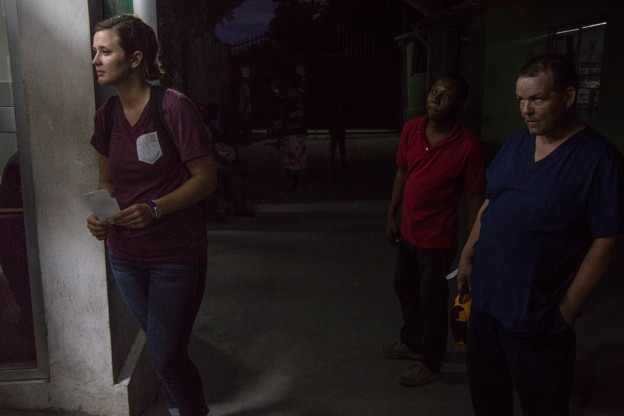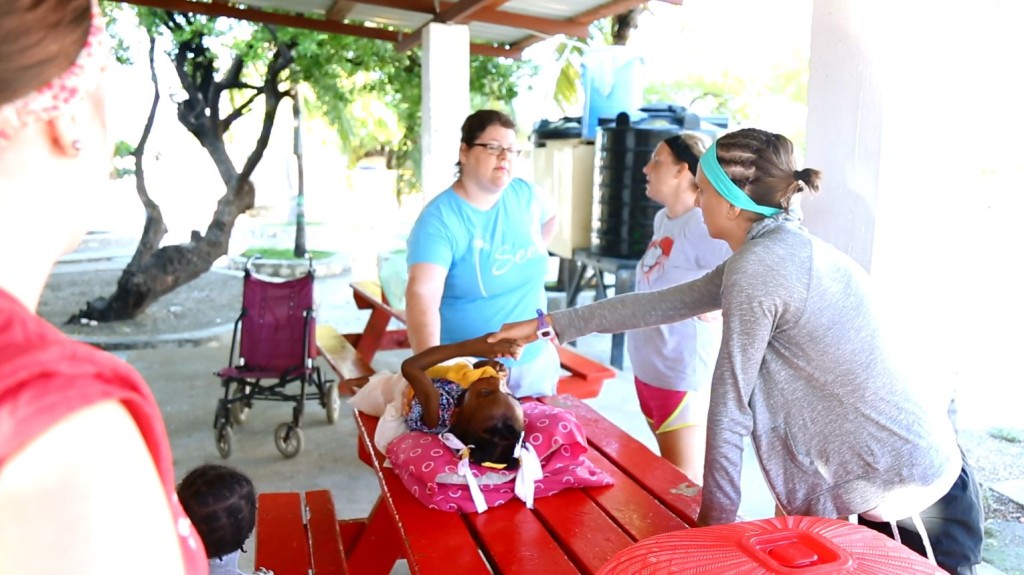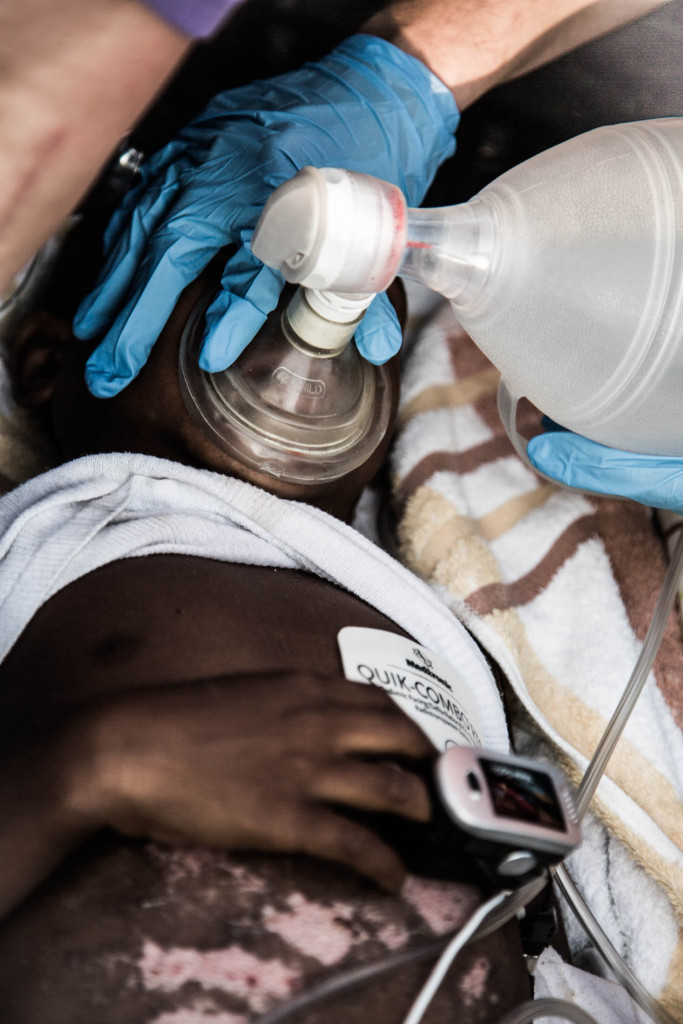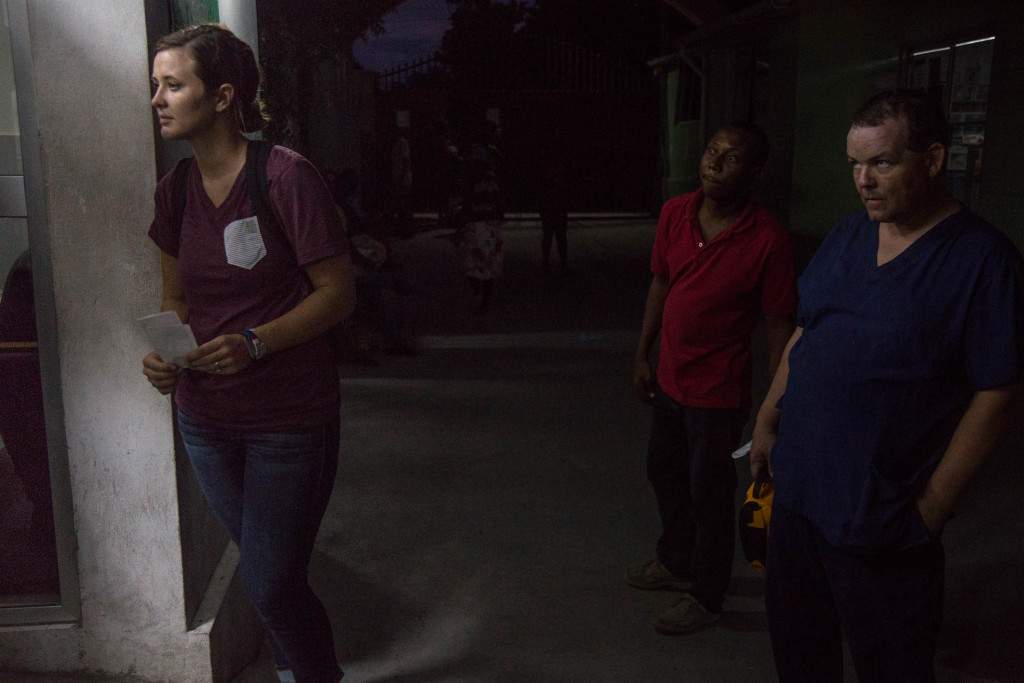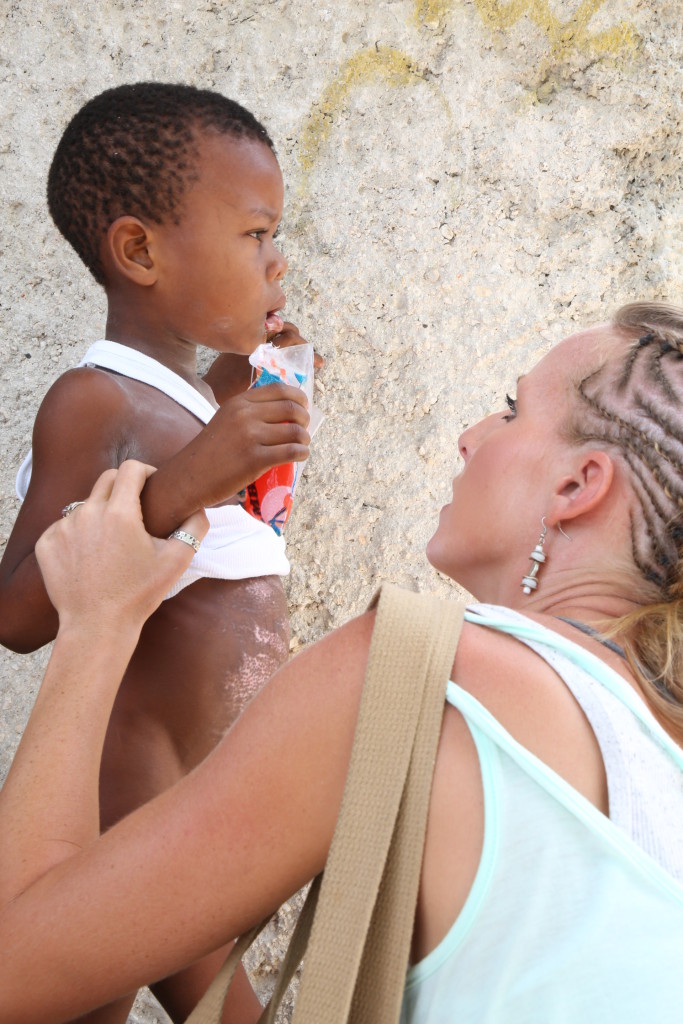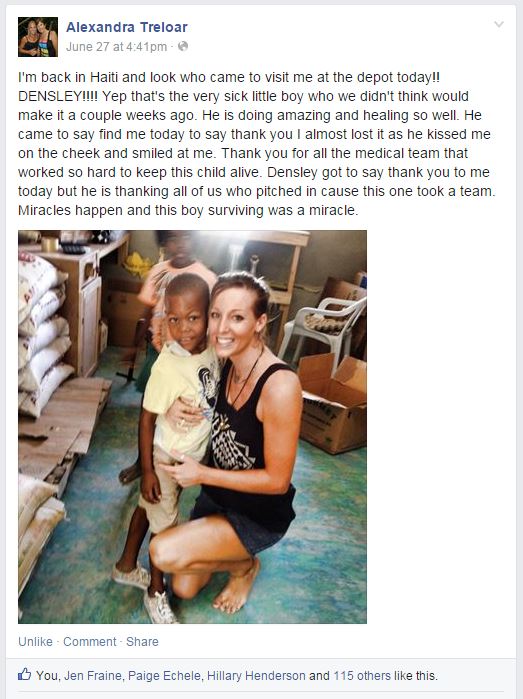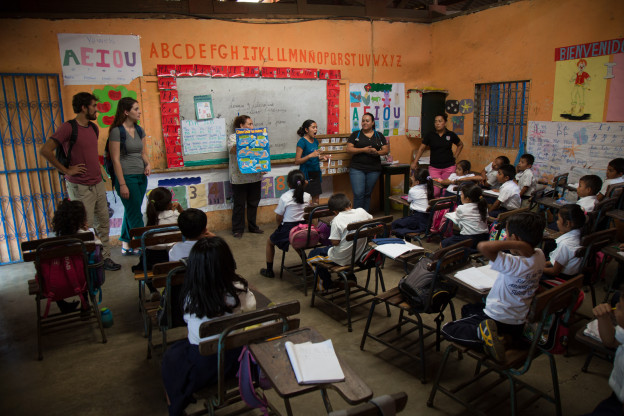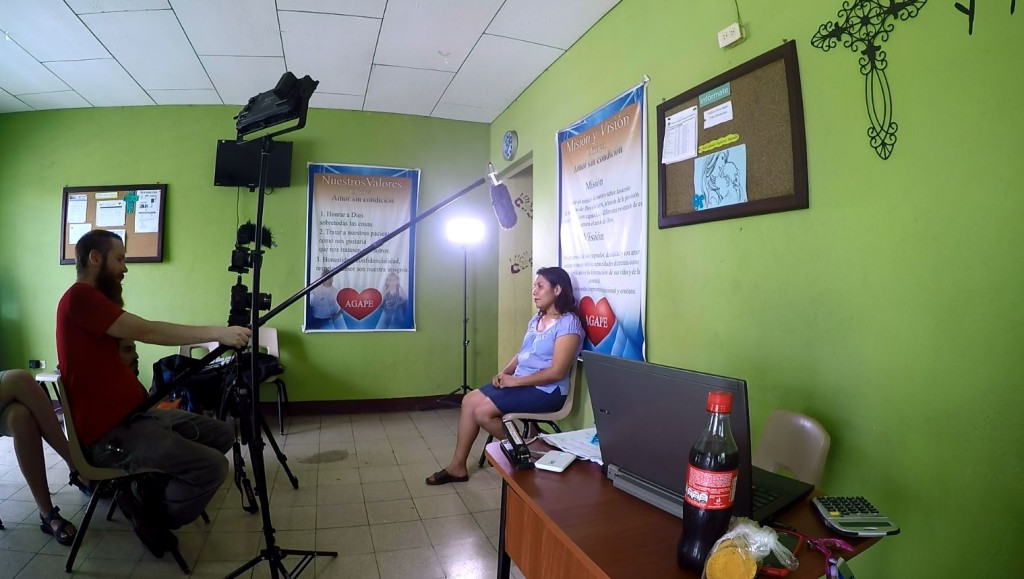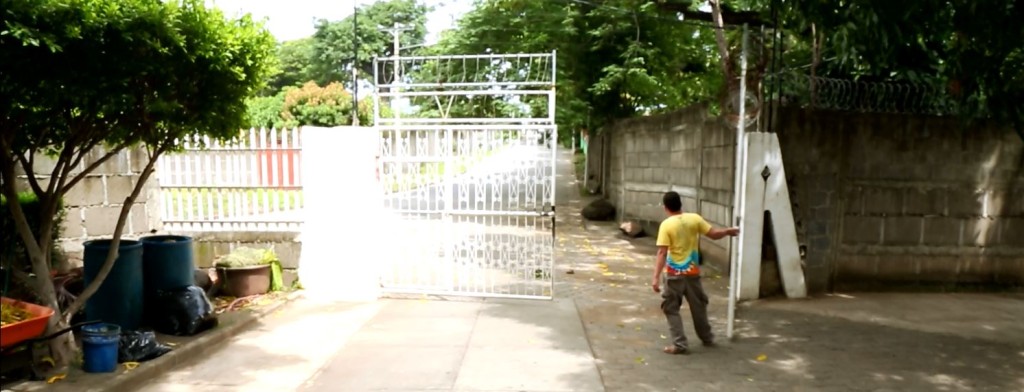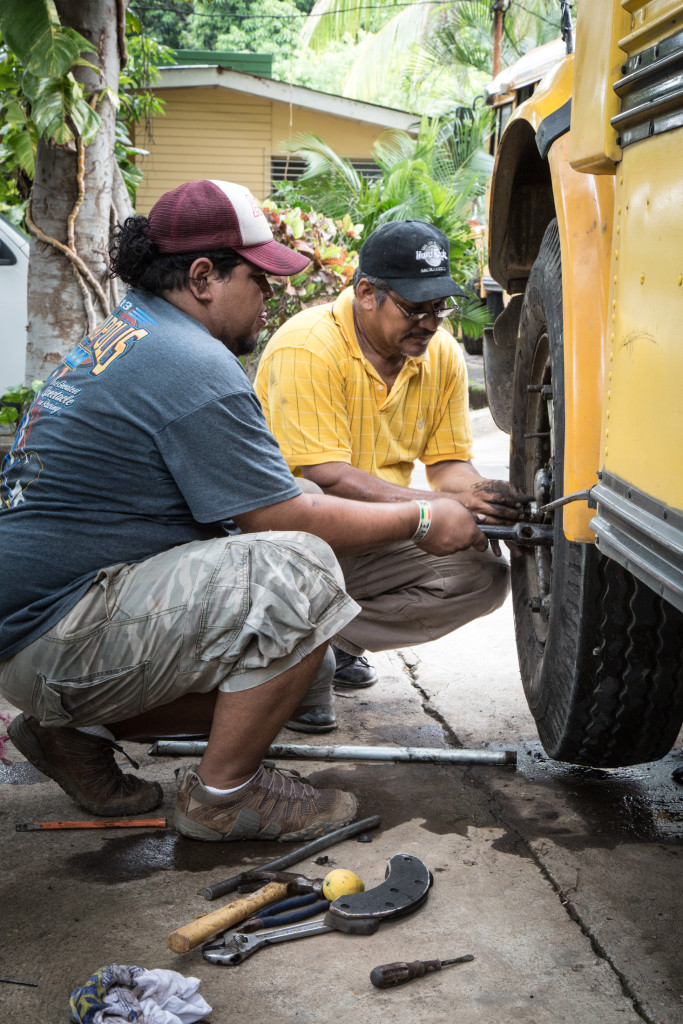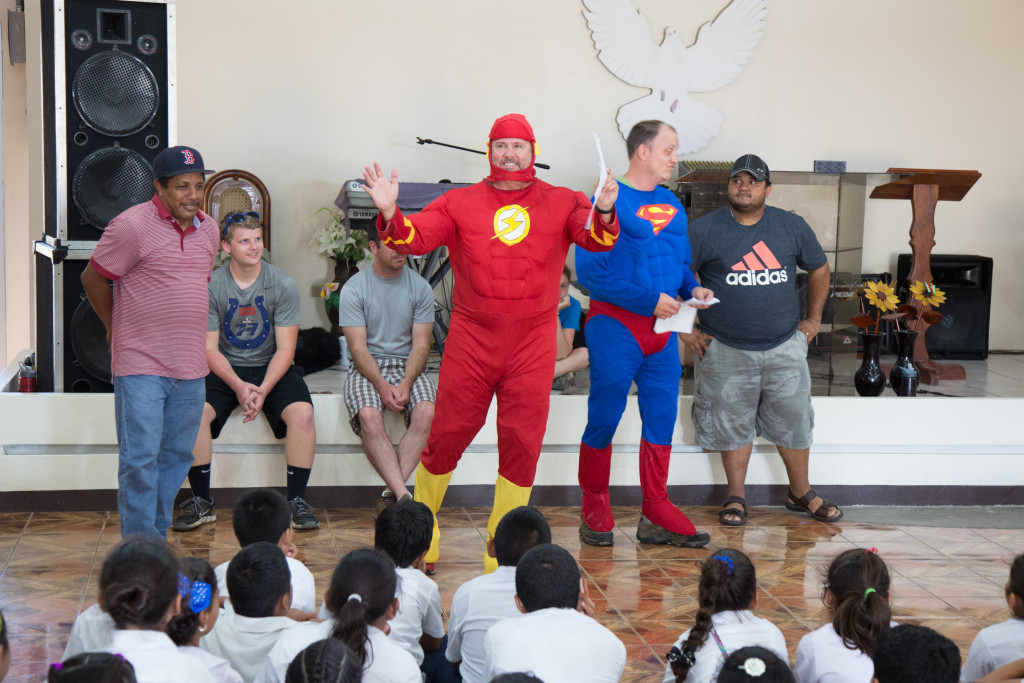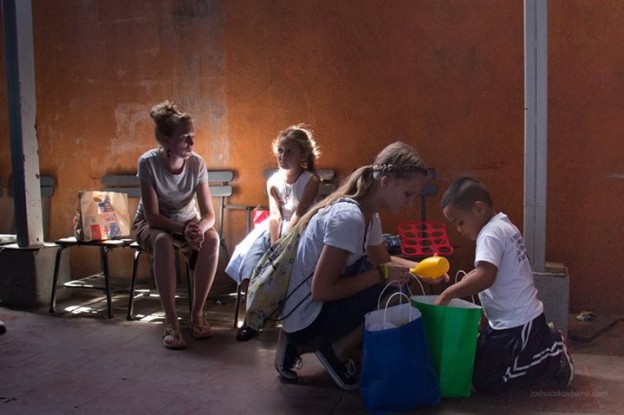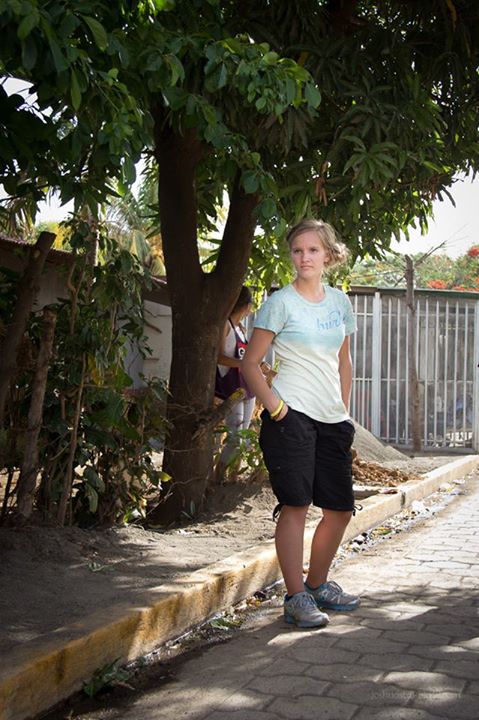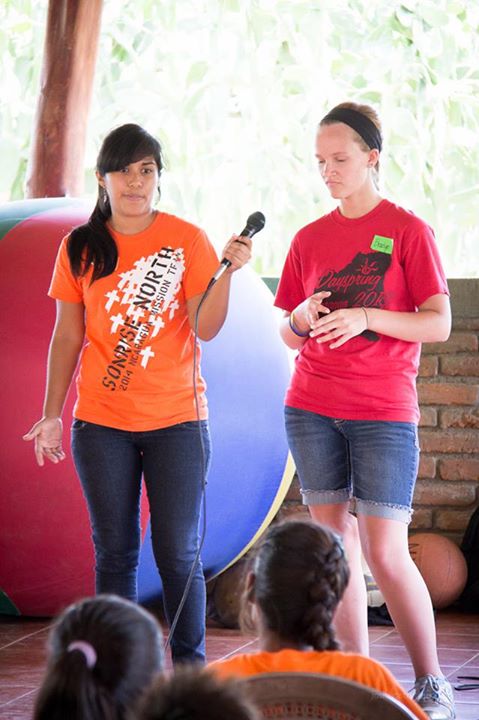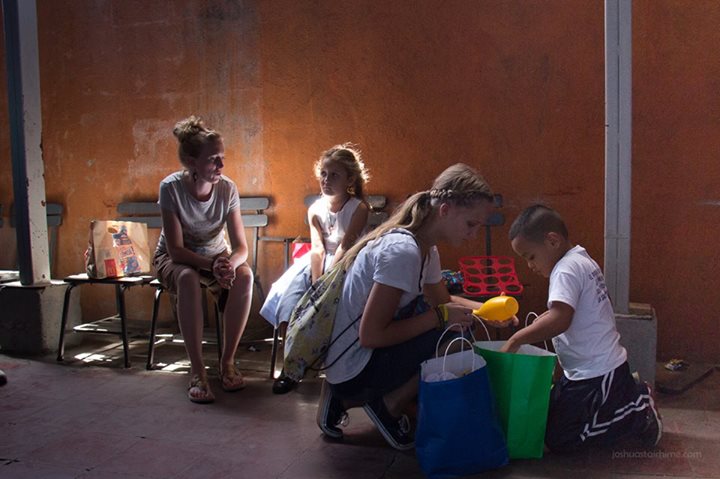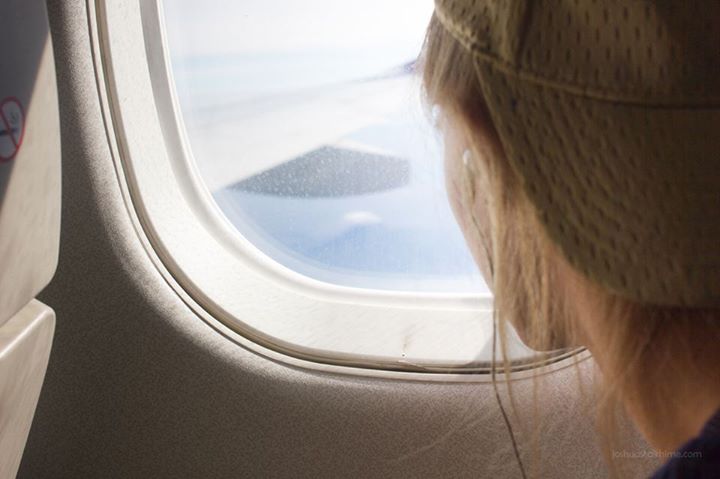I’ve been out of the country about a dozen times now, and most of those trips were what the North American church likes to call “mission trips”. I’ve been to Germany, Haiti, and Nicaragua on these trips. If you know anything about me, you know that I hate looking like I don’t know what I am doing. So when I first started going to Nicaragua and Haiti regularly, I spent a lot of time before I left trying to learn how to be a good “short-term missionary” and not make any rookie mistakes. Some of the simple tips I remember are: 1. Talking louder doesn’t help them understand English any better, it just makes you look dumb. 2. Don’t drink the water. 3. Don’t rinse your toothbrush in the water. 4. Don’t assume that you know the best way to do something. 5. Don’t give handouts.
On my first trip to Nicaragua I did my best to follow all of these rules, except the last one. I really struggled with that one. I mean come on, this kid needs help, and giving him $5 isn’t going to ruin my day or his right? So there I am on the bus after the obligatory hour at the market waiting on the straggling group of women to finish up their purchases and get on board. I had “met” a young kid in the market who kept following my group around and trying to be helpful. He did such a good job that I felt like we owed him a bit of a tour guides fee for his help. Well, they had warned us against giving away money in the market, so my plan was to wait until the bus was just about to pull away and I would toss some cash out of the window at this boy.
I don’t know where all of the kids came from, but as soon as I had dropped some cash to the one kid, it seemed like the bus was surrounded. They started throwing grasshopper things they had woven out of grass in through the open windows, all of them hoping to get a small piece of the pie. While the last stragglers struggled through the chaos to get to their seats, the seated team members were all doing their best to throw the grasshopper things back out of the windows. As I look back at the memory my brain is trying to tell me that the kids outside started rocking the bus to tip it over! (That last part isn’t true…but it was a pretty traumatic experience…so my brain is exaggerating a bit.) The driver managed to get through the crowd without hitting any of the kids and we sped off. I slid down into my seat and refused to acknowledge my role in the chaos. I’m not sure if anyone else knew that I had started the riot, but if they did know they let me off the hook.
I was pretty embarrassed, and frustrated! All I had wanted to do was help a kid who looked like he needed help, and it had nearly turned into an international incident.
So I learned from that experience that I was going to follow that rule in the future, because it is a good rule. For the next 3 years and 6 trips, the rule served me well, keeping me from starting any international incidents on my future trips out of the country. The idea behind the rule is good, and it kept me out of a certain kind of trouble. I even began to teach the rule to first-timers, so they would know better and wouldn’t have to learn from their mistakes the way I had.
Overall it was a good rule, until I started to use it as an excuse to ignore the needs around me. I eventually became so trained in “the rule” that I stopped seeing the needs and responding to them on a case by case basis. I’m afraid that I’ll never be able to forget the woman who asked for our help on my 4th trip to Nicaragua. We had just finished eating at “Tip-Top” and we were already late for the next event we were supposed to be at. I was the only guy in the van, and had taken it upon myself to make sure that all of the women were safely inside the van before I got in. This left me in charge of closing the door.
The woman saw us getting in the van and moved towards us in a quick shuffle, which I assume was the fastest she could move. I don’t speak any significant amount of Spanish, but it was obvious she was looking for something to help. As I think back to the memory, even though I know she was speaking another language, I can hear her pleading for our help, just something, anything, to help her and her family. The ladies I was with had squeezed into the van by this time, and I had found my seat and was reaching back to close the sliding door, but the woman had put herself in the way of the door. I slowly slid the door closed an inch at a time, and eventually was able to close the door without hurting the woman. The van started and we drove away. We left the woman standing outside the restaurant, with even less than she had when we first met her. We had taken the small glimmer of hope from her, and drove away with it.
I don’t know who that woman was, or what she really needed. I don’t know who she went home to that night, or if she even had a home to go to. The fact is that I will never know. I gave up my chance to know her in any way when I closed the door in her face. We didn’t talk about what I had just done in the van, but the silence was enough to know that we were all thinking about it. We arrived at our event and quickly got to work, slowly forgetting about the woman we had left behind.
Except I haven’t.
I had $5 in my pocket. It would have taken 5 seconds to dig it out. I could have done something, and I didn’t. I’m crying as I type this, tears rolling down my face crying. I made a choice to ignore her, to ignore her humanity, and to drive away. It has been more than two years, and it still hurts me to think of that day.
I haven’t forgotten.
When I was in Haiti this year, we found ourselves in a little boutique that served cold soda and ice cream along with souvenirs and keepsakes. It’s one little 45 minute stop in a week full of heat and hard work. It has a balcony that looks over the roadway, and a little courtyard in front. I bought a coke, and stood outside on the balcony, straining my eyes towards the horizon looking for something new and interesting. A voice called up from the courtyard. A little boy had found his way in and was asking for something. I turned away and walked back inside. I knew the rule. Then I remembered the woman in Nicaragua that I had left, and I turned my retreat into a charge towards the counter. I bought another coke, and returned to the balcony. The kid had given up on me and wasn’t looking up anymore, but after I checked to make sure the rest of the team wasn’t watching, I got his attention and threw him the coke. He caught it with a smile and disappeared out of the courtyard door. I smiled and congratulated myself on not causing a scene.
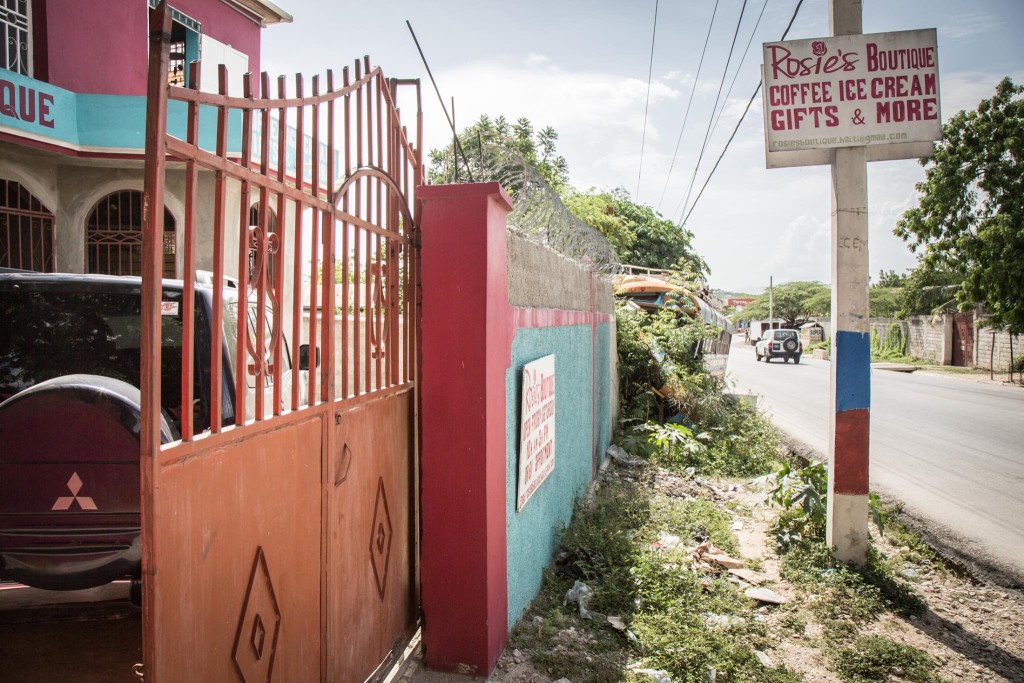
It was probably 3 minutes later that I noticed the boy had found his way to the top of the stairs, and he wasn’t alone anymore. As I looked into the faces of the 3 boys at the top of the stairs, I knew I had done it again. I had made a rookie mistake. I was tempted to retreat into an inner room and pretend I hadn’t seen them, but I knew I couldn’t. So I walked over to the doorway, crouched down and started asking them questions in the little bit of Creole I knew. “Mwen rele Josh. Rele? Kilajou?” Having exhausted my relevant Creole I asked in English if they went to school. We chatted as best we could for a few minutes, and after they asked for help that I honestly couldn’t give them, and I said that I was sorry I couldn’t help, we chatted a bit for a few more minutes, and then it was time to go.
I will never get a chance to talk to that woman.
At least those boys knew I cared.
“Go in peace, be warm and filled” is so easy to say, but actually bringing that kind of peace is so very difficult. The least we can do is acknowledge other people. We can at least give them the dignity they deserve.
If you get the chance, make the rookie mistakes.

